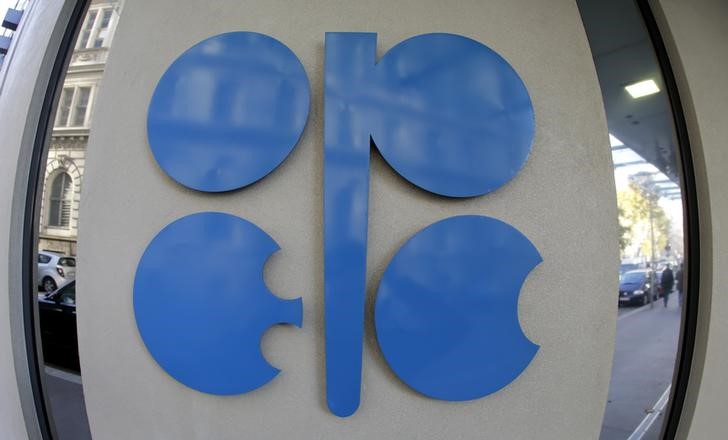(Bloomberg) -- Oil headed for the biggest weekly decline since mid-March as a resurgence of Covid-19 in some parts of the world and uncertainty around the prospect for an OPEC+ deal to boost supply clouded the short-term outlook.
Futures in New York extended losses to trade near $71 a barrel after closing at the lowest level in a month on Thursday. The fast-spreading delta variant has swept across the globe, leading to renewed restrictions and crimping fuel demand. The United Arab Emirates is nearing a deal that would give it better terms and allow OPEC+ to boost output in the coming months, although talks are ongoing with Saudi Arabia and details remain scant.
Oil has run into headwinds in July after climbing in seven of the previous eight months as the global economy recovered from the pandemic. Risks seem to be to tilted to the upside, however, with the International Energy Agency warning Tuesday that the market would significantly tighten if OPEC+ doesn’t reach an agreement to lift output. Citigroup Inc (NYSE:C). is predicting global benchmark Brent will rise above $80 a barrel even if there is a deal.
The need for supplies from the Organization of Petroleum Exporting Countries will continue to climb, remaining well above the group’s current production and exceeding pre-virus levels by the second half of 2022, OPEC said in a report on Thursday. There may be a lull in the first quarter, however, that could see the market return to surplus.
Indonesia, Southeast Asia’s largest economy, surpassed India in new daily cases this week, cementing its position as Asia’s new virus epicenter, while several of its neighbors are also seeing record case numbers. Melbourne entered a snap lockdown after Sydney extended restrictions through the end of July. Los Angeles County told its residents they must wear masks indoors -- even the vaccinated -- following a surge in cases.
©2021 Bloomberg L.P.
